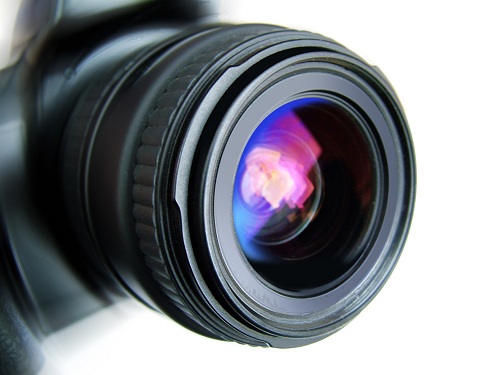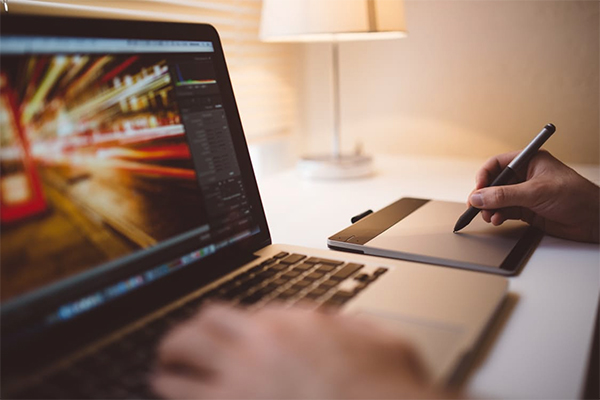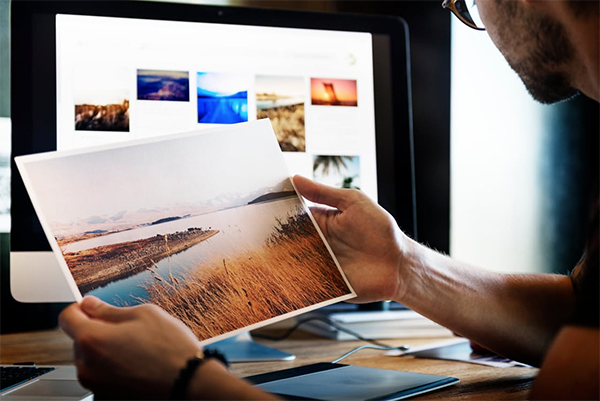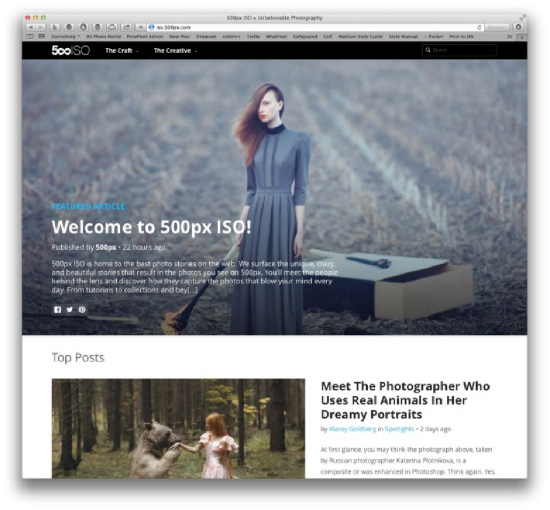Let me start by saying that I don’t hate stock photography. Stock photos have their place in marketing and advertising materials, and I’d by lying if I said that I’d never used stock photography in my work.
However, I simply don’t understand why stock photography is used so frequently. Licensing and sourcing high quality photography is quick and easy, especially if you know the basics. Here’s how to go about it.

How To Find The Photos You Need
Flickr and Photobucket can be combined to form what might be the largest collections of photos in the world, and searching for photos on these sites is quick and easy. All you’ve got to do is visit each site, type in a keyword or two that describes the image you’re hunting for, and then find a photo you like.
Once you’ve found a photo (or group of photos), you can message the people who uploaded these photos and ask to license the photo. When you contact these people, it’s best to follow these simple rules:
- Identify yourself completely. Give them your name, the name of your company, and tell them what you do. You can be a bit vague about the project you’re working on, but you can’t be vague about who you are.
- Tell them how you want to use their photo. Is it going on a website? Being used in a brochure? Is it going to be a marketing image? What industry is the photo for? Etc.
- Specify the rights you want. Do you want to use this image on a website only, or were you going to use it on a website, brochure, poster, TV commercial, and maybe print it on some bumper stickers too? Do you need exclusive use of the photo, or can the photographer license the image to someone else later? Let the photographer know how you want to use their image so they know what they’re signing up for.
- Explain what you can afford. Most photographers have a good sense of the market value of their work, but that’s not always the case. Sometimes the photo you like was taken by an amateur, and sometimes the photo you find has been taken by someone with 20 years of industry experience. Either way, it’s a good idea to tell them what you want to pay up front. You save everyone time, and you don’t put them in the uncomfortable position of negotiating.
NOTE: I’ve been able to license photos for as little as $1 and as much as $100 – it just depends on how unique the image is, how many I’m licensing at a time, etc. If you’re not sure about market rate for a photo, you can always ask on a photography forum like photo.net.
Also, understand that you can’t reach ever photographer you find on Flickr or Photobucket. They might not be active any longer, might not care, might not respond, etc. Therefore, it’s good to have a back-up plan if your first choice doesn’t get back to you.
Don’t Overlook Photographers In Your Neighborhood
Another good strategy is to contact photographers in your area and ask them if they have any images they’d like to license. While you might pay a little more to a local professional than you would some amateur photog you connect with on Flickr, the relationship you build with a local professional can pay dividends later.
Working with a local professional means you have a resource available if/when you need some on site photography, and because you’ve worked together previously, you’ll have an idea about the quality of their work, their pricing, etc. Photographer directory sites like ppa.com, photographers.com.au, or even niche directories like onemodelplace.com have extensive listings of photographers by specialty as well as location. Just email your local photogs, ask them if they have some images you can license, and see what happens.
Granted, it takes more time to find an image on Flickr – or to connect with a local professional – than it does to download a stock image. However, unlike images you find on stock photography sites, the images you source manually are far more likely to be unique. They’re also more likely to come across as authentic, which is incredibly valuable.
Author David Lye helps run photographers.com.au, a directory for Australian wedding photographers (among others). David firmly believes that licensing photos directly from photographers is the best option for all involved, as it preserves authenticity and supports the photography community.
 CoalesceIdeas Web and graphic design ideas for inspiration
CoalesceIdeas Web and graphic design ideas for inspiration




